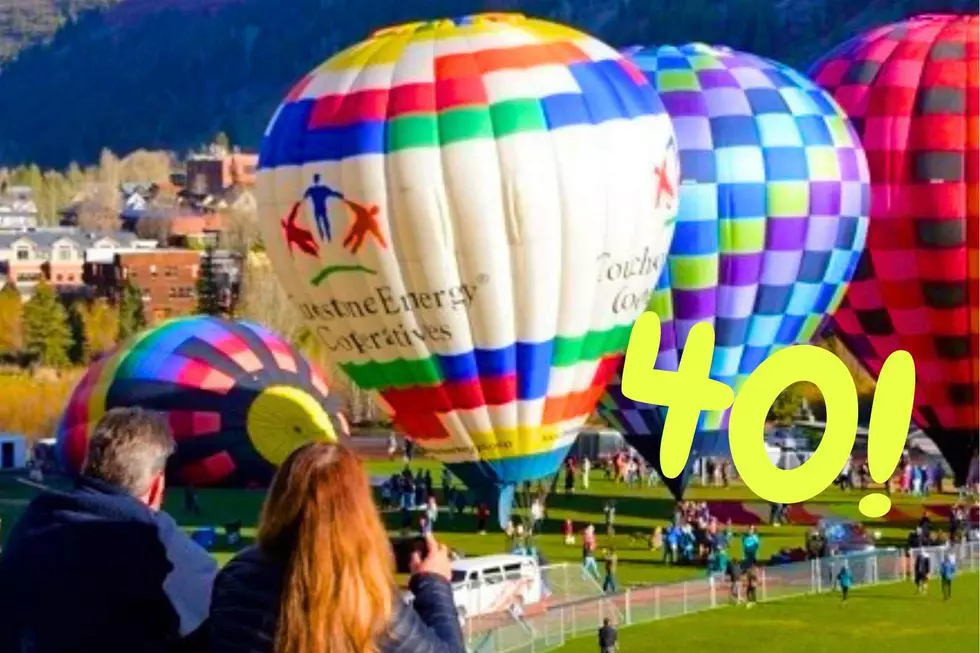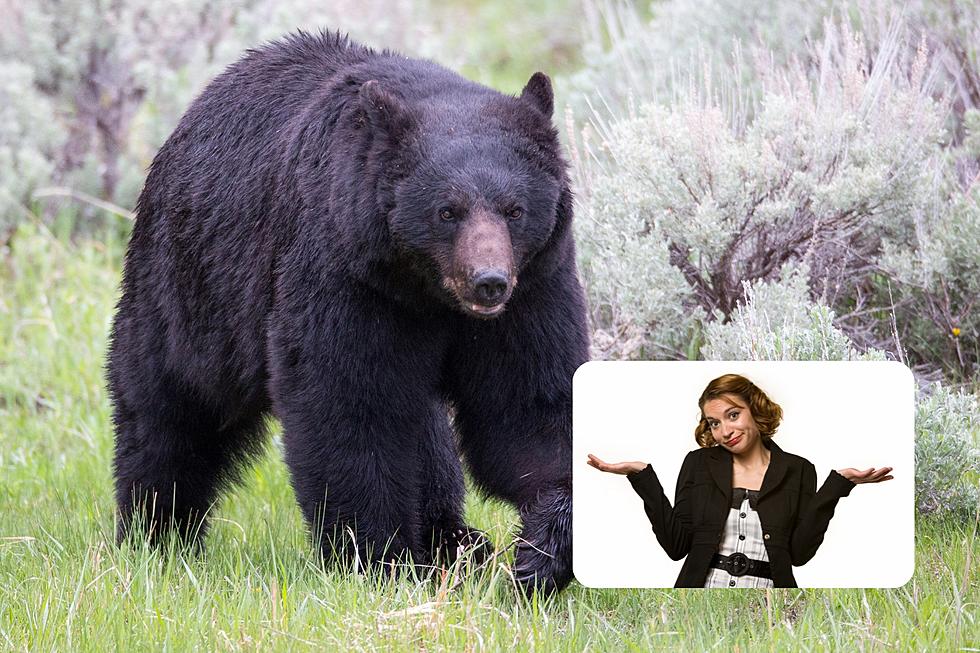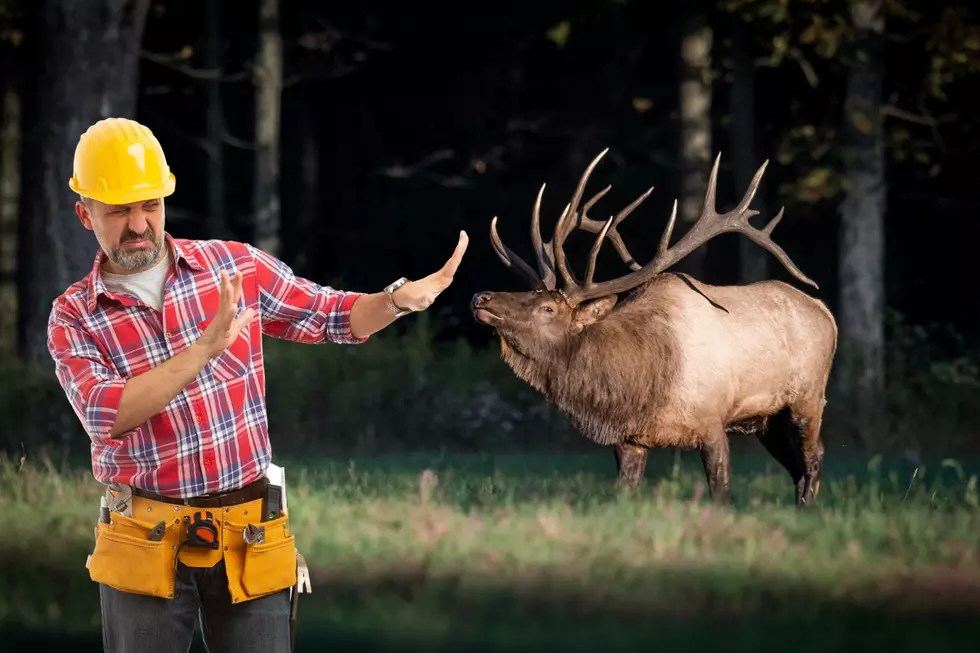![Beekeeping 101 in Northern Colorado [VIDEO]](http://townsquare.media/site/50/files/2016/05/image.jpeg?w=980&q=75)
Beekeeping 101 in Northern Colorado [VIDEO]
The weather is warming up, days are getting longer, and flowers are blooming - this can only mean one thing: bees are out of winter and ready to make Colorado's ecosystem flourish.
Winter was pretty tough for the bees, so it appears to be each year.
On average, bee colonies see about a 35% loss every winter here in Colorado. In other parts of the country, like the Great Lakes area, that average is much higher, with colonies experiencing about a 65% loss. This is unfortunate, seeing as pollination is crucial to our environment. Not only that, but hive products like honey not only provide us with energy, but also the medicinal properties it displays.
Luckily, there are simple things we can do as individuals and as a community to help bees thrive and survive - whether it's planting flowers in your home garden, letting the dandelions grow, adopting a hive, or even tending your own hive at home.
Recently I met with Fort Collins beekeeper Mark Coleman, and he showed me just how easy it is to build and maintain a hive. Below, Mark shows me how to build a Langstroth hive, which is a standard structure used in beekeeping.
In the City of Fort Collins, residents living on a property of one quarter acre or less are allowed to host up to 2 colonies. The more land you have, however, the rules change - if you have over one acre of land, you can host up to 8 bee colonies. Of course, you should check with your HOA or property manager to see if they have any of their own rules in place that would prevent you from tending a hive or 2 (or more) at your home. For more information and rules surrounding beekeeping at your home within the City of Fort Collins, take a look at their PDF brochure HERE.
After Mark showed me how to build the Langstroth hive above, I put on a beekeeping suit and set out to see the bees! In the video below, you'll see the inside of a Langstroth hive, including capped honey, brood, and many, many worker bees.
If you think that having buzzing, venomous insects flying around and landing on you even while you're wearing a protective suit isn't the thing for you, no worries. There are other ways to help save the bees, which I previously listed above.
If beekeeping is something you want to explore, Mark suggests taking beekeeping classes from the Northern Colorado Beekeepers Association, a group dedicated to educating the public and beekeepers about all things bees. He also recommends reading The Beekeeper's Handbook by Diana Sammataro and Alphonse Avitabile, which can be found at bookstores and Amazon.com.
More From Retro 102.5









